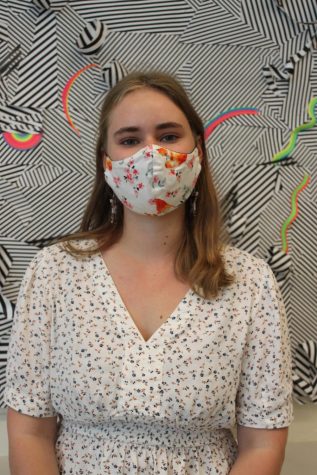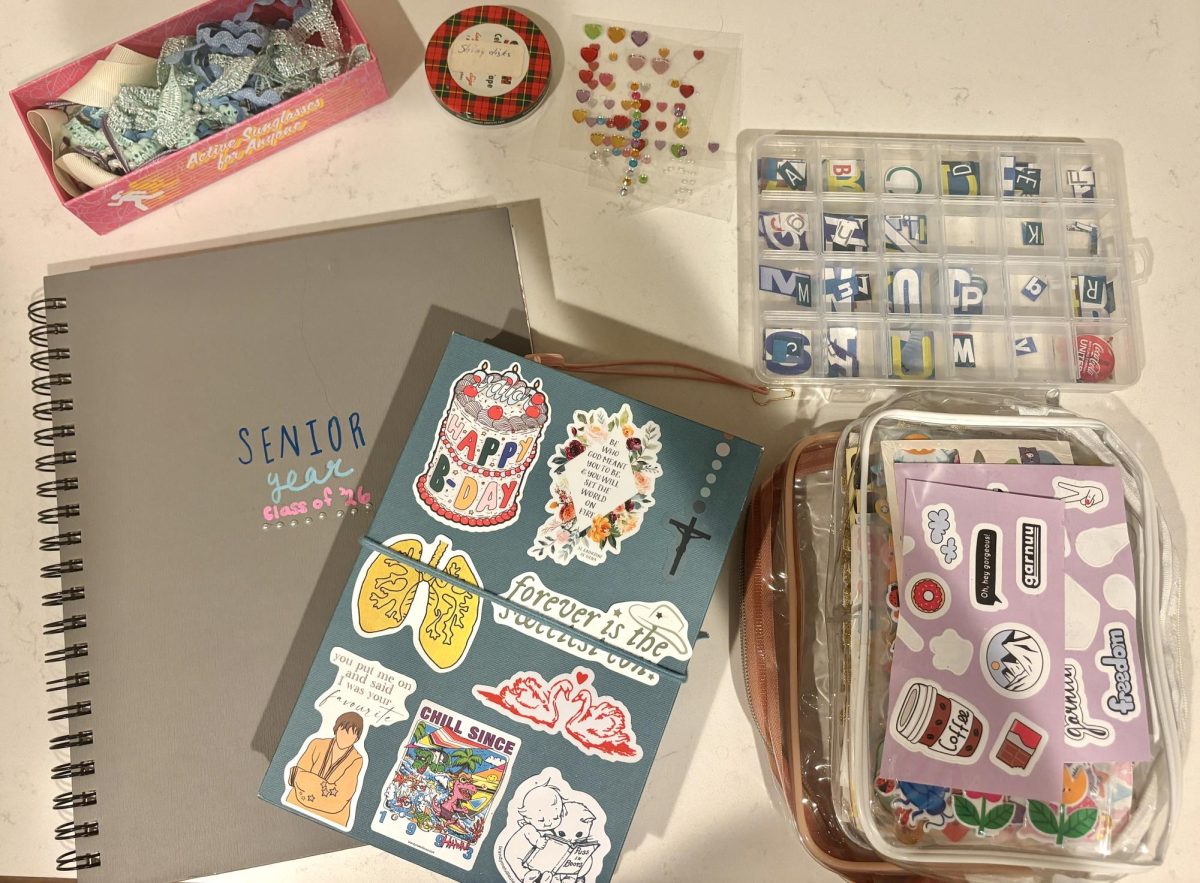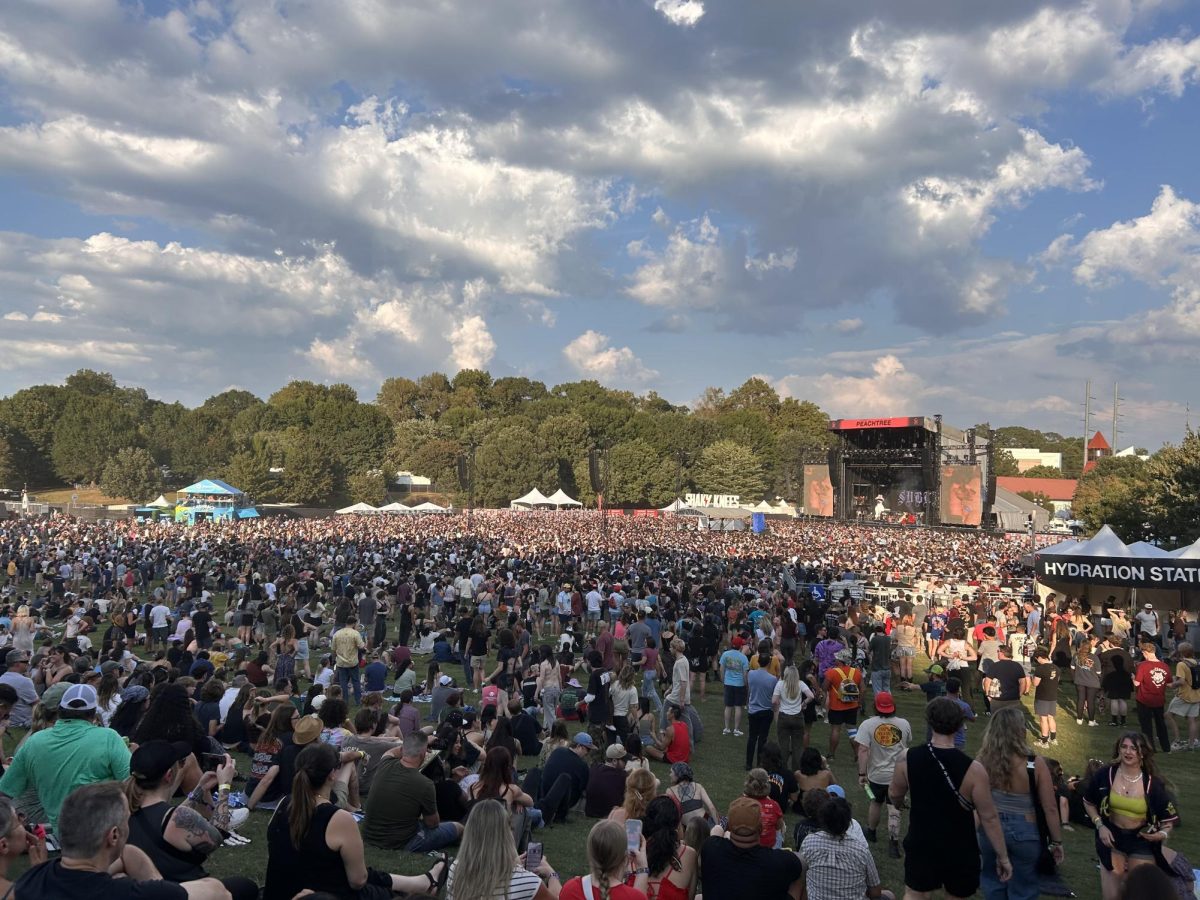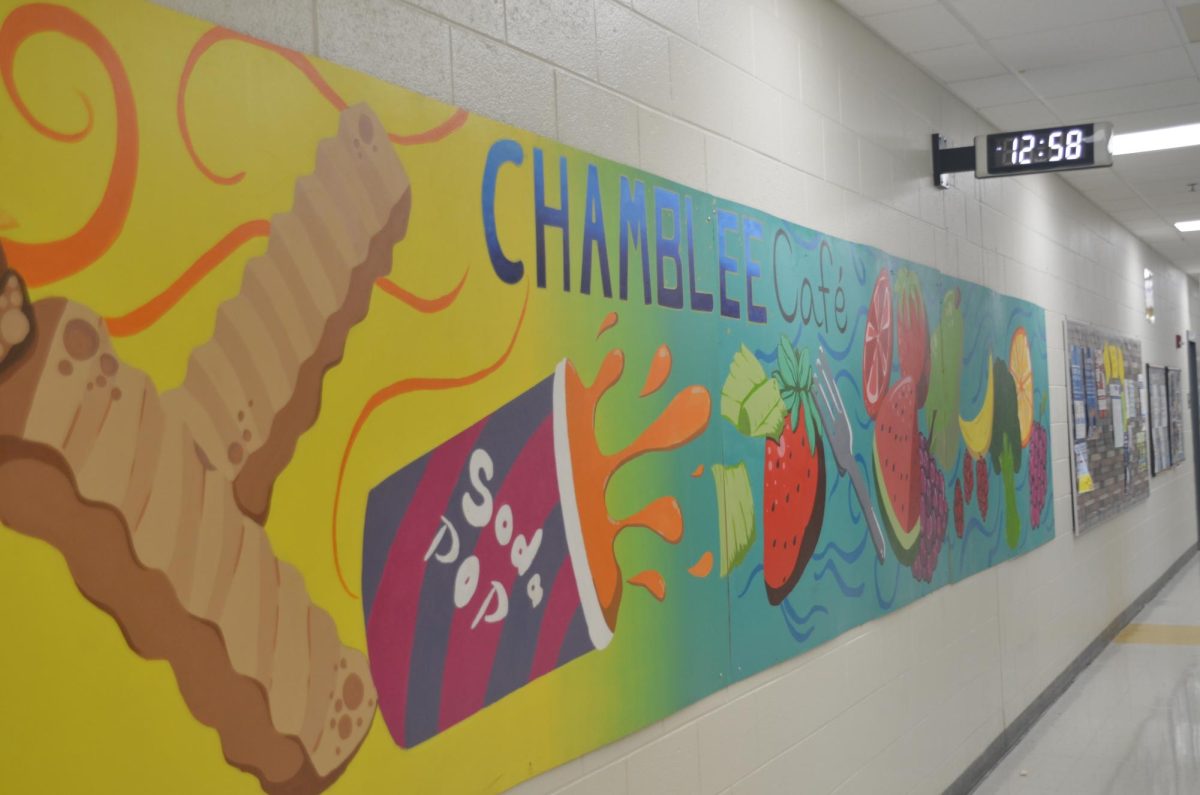Voting During a Pandemic: Young Voters’ Experiences with Absentee Ballots
September 29, 2020
“It took less than five minutes,” said Ava Lewis, a Chamblee Blue & Gold alum, on requesting her absentee ballot.
The 2020 election is just a few months away, but the voting process has long begun. While many seniors make plans to vote in-person, others are awaiting their absentee, mail-in ballots. Absentee ballots allow the voter to stay at home rather than go to a local polling place on Election Day. Instead, they receive their ballot in the mail, fill it out, and send it right back either through the mail or a dropbox.
Voters request absentee ballots for several reasons. Some are going to be out of town. Some work or go to college in another state while maintaining Georgia as their place of residence. Some won’t have transportation to get to a polling place on election day. Some, like Lewis, have had bad experiences with poll workers.
“I went to Lakeside to vote most recently in the runoff and there was a [very unpleasant poll worker],” said Lewis. “I had very clearly said that this was my first time voting in-person because I did an absentee ballot for the original primaries when the COVID shutdown in Georgia was still a bigger thing, but I told her that [and she refused to understand what I was saying].”
When mailing in a ballot, the only contact the voter ever makes is with their mailbox, which not only helps with social interaction but is especially important with staying safe during the COVID-19 pandemic. Many voters worry about their safety when going to vote, which often includes long lines inside a building. While in the past this only cost time, today long wait-times could cost a voter or poll worker their life.
Most often, poll workers are retirees, but this year many won’t be working at the polls due to the risks this age group has to the virus. This has caused polling places usually staffed by older workers to struggle with staffing, and it is believed more polling places will close this election.
Before being able to request an absentee ballot, the voter must be registered. There are different ways to register. Lewis got registered around her 18th birthday last year. Another voter and Chamblee student, Iris Tsouris, got registered this past April.
“I was actually automatically registered when I got my driver’s license back in April. That was a really easy process. I know that for people who […] haven’t automatically registered they can go to the Georgia My Voter Page [website], which is where Georgia has all their voter information. If you log in through there and you type your name and birth date, it’ll automatically let you in and show your registration status, and there’s a little application you can fill out if you aren’t actually registered,” said Tsouris.
Registering is vital to becoming a voter, whether that person will vote through the mail or in-person. Georgia’s registration deadline is fast approaching, October 5th this year. In order to register to vote, one must be at least seventeen and a half, a US citizen, and a legal resident of the county they will vote in.
There are two main ways to register: either online or by mail. In order to register online, one must have a Driver’s license or GA State ID card and visit https://georgia.gov/register-vote. To register by mail, one must fill out a physical application and mail it to the Georgia secretary of state. This is a free process. It takes two to four weeks for an application to be approved and application status can be checked at the below link at any time: https://www.mvp.sos.ga.gov/MVP/mvp.do.
While in-person voting only takes showing up to your polling place after registering, requesting an absentee ballot has a few more steps. The paperwork itself can be confusing for first-time voters. Some parts apply to temporary addresses, while other parts are meant for people with disabilities.
“I only needed to fill out the first two sections of the ballot request and then the fourth through seventh section. There’s some stuff about if you have a temporary address or if you meet a certain condition later that you actually don’t have to fill in, if that doesn’t apply to you. But it’s not […] that long of an application; it’s only one page. When I was filling it out, I wasn’t super sure if I could leave stuff incomplete, but you definitely can,” said Tsouris.
However, Tsouris still hasn’t received her absentee ballot. While the voting office promises that emailing an application for the absentee ballot is an acceptable method, there’s now a web application as well that Tsouris didn’t have to access to. She’s currently in contact with the office to sort out her ballot as there is still no absentee ballot status on her Georgia My Voter Page.
If a voter is confused about requesting their ballot, DeKalb has a voting hotline. While it may take a few times for someone to pick up, they are more than happy to assist all voters in DeKalb and can be quite helpful. The voter registration number is 404-298-4020, which Tsouris used herself multiple times.
In today’s world of technology, there’s more than just one way to request a ballot. Apps like Instagram have started providing direct links in their notifications to get users registered and give them access to voting resources. As shown throughout not only this election but this summer of activism, social media is a powerful way to make your voice heard. Lewis actually used Instagram notifications herself to request her ballot but has not received the ballot yet, like Tsouris.
“[Social media has] given me a lot more access to people’s voices and information,” said Lewis. “I think it’s just great because there are probably so many people on Instagram that aren’t [informed], that don’t have access to this kind of information or their parents don’t tell them about it and I just think for younger voters […] the amount of information being given to us is really helpful, because relying on older people or the government [to] tell us what to do is not a thing we can depend on right now. ”
While both politicians and voters themselves argue over the politics of absentee voting, many voters will be doing it this election. From health risks to location concerns, mailing in a ballot will give voters across the U.S. the opportunity to make their voice heard. While most voters disagree on how to vote and who to vote on, most agree that voting is an important part of living in a democracy.
“I think that there are probably prejudices in place about young voters not knowing what they’re doing and […] I feel like young voters [should] be confident in doing the right thing by voting,” said Lewis. “I would just say if you meet people that are judgmental of you for not knowing exactly what you’re doing, just tell them to shut up. You’re doing the best you can and it’s really important that you are going out and voting.”











Ava Lewis, Retired Editor in Chief • Oct 2, 2020 at 1:00 am
a brilliant article by a brilliant writer!! i was happy to help with my interview :))